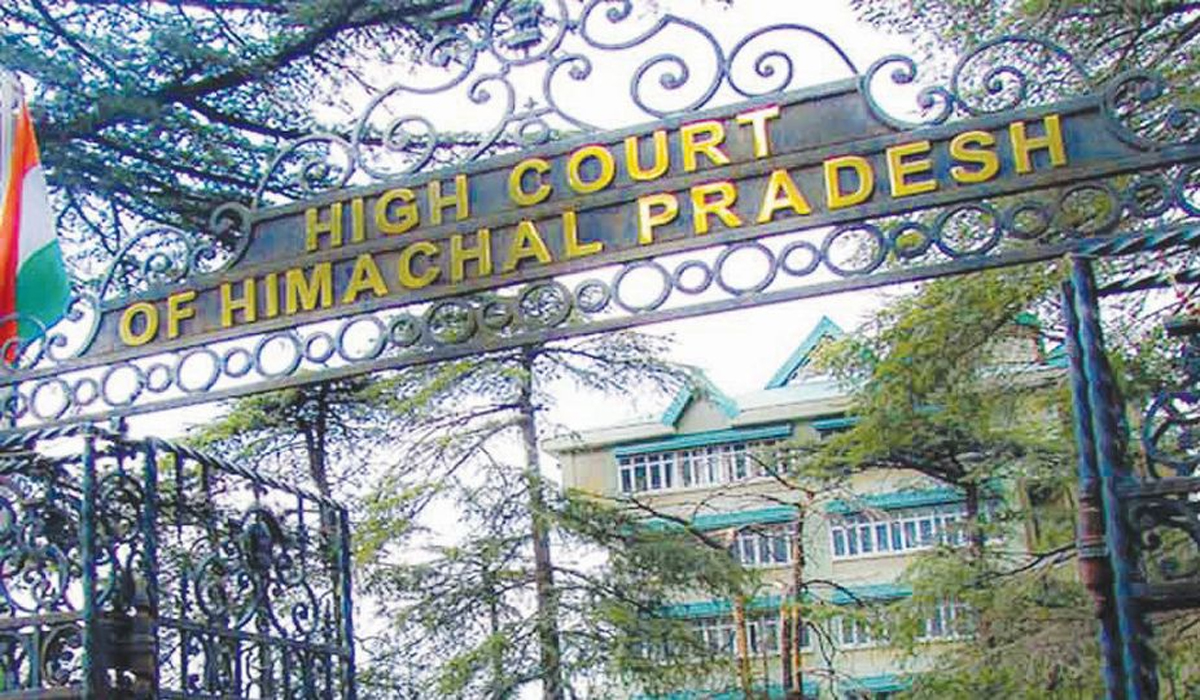
Shimla: The Himachal Pradesh High Court recently pronounced a judgment that mere protest or comment on social media without any threat or force does not constitute obstruction of a public servant in the discharge of his public functions under Section 186 of the Indian Penal Code. The court cited previous judgments, including Surinder Singh Chauhan v. State of Himachal Pradesh, in support of its judgment. The court concluded that passive conduct or verbal protest without any physical interference or threat does not constitute voluntary obstruction of a public servant. The purpose of this interpretation is to ensure that the right to protest is not unreasonably curtailed while maintaining the ability of public servants to discharge their duties. The judgment quashed the charges against Sita Ram Sharma under Section 186 of the IPC and acquitted him of all charges.
The court held that continuation of the trial would be an abuse of the legal process given the lack of sufficient evidence to support the charge of obstruction. Recently, while passing judgment in the case of Sita Ram Sharma vs. State of Himachal Pradesh and others, a bench of Justice Sandeep Sharma observed that the essential elements for the offense under Section 186 IPC were not fulfilled. The court said that there was no physical obstruction or overt act by the petitioner that obstructed the police officer. The judgment clarifies the scope of Section 186 of the IPC, which states that mere verbal resistance without physical obstruction is not an offense under this section. The case involves the petitioner, Sita Ram Sharma, who was charged under Section 186 of the IPC for obstructing a police officer in the discharge of his duties.
The incident took place when Sharma was stopped for not wearing a seat belt and was later challenged under Sections 177 and 179 of the Motor Vehicles Act. During the interaction, Sharma came live on Facebook and made certain comments, which led to the charge of obstruction. The prosecution argued that the petitioner’s actions, which included going live on Facebook and making comments, amounted to obstruction. He claimed that such behavior obstructed the duty of the police officer and hence fell within the ambit of Section 186 of the IPC. However, Sharma’s counsel argued that his client’s action was passive conduct that did not interfere with the police officer’s performance of his duty.
